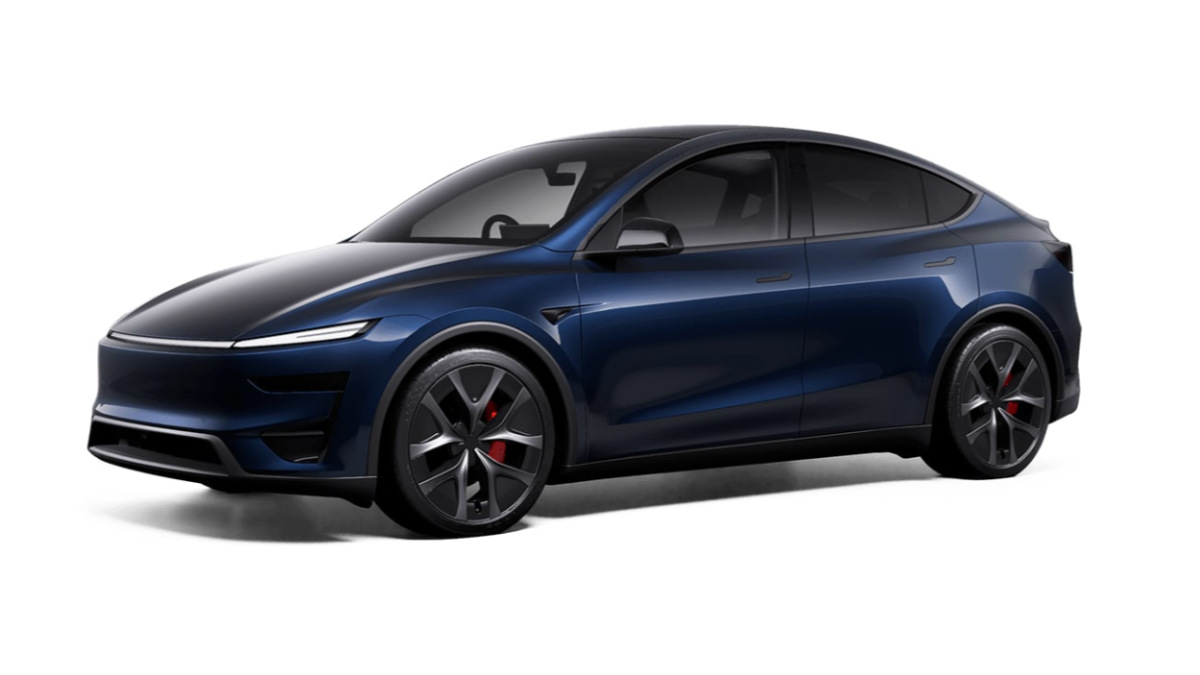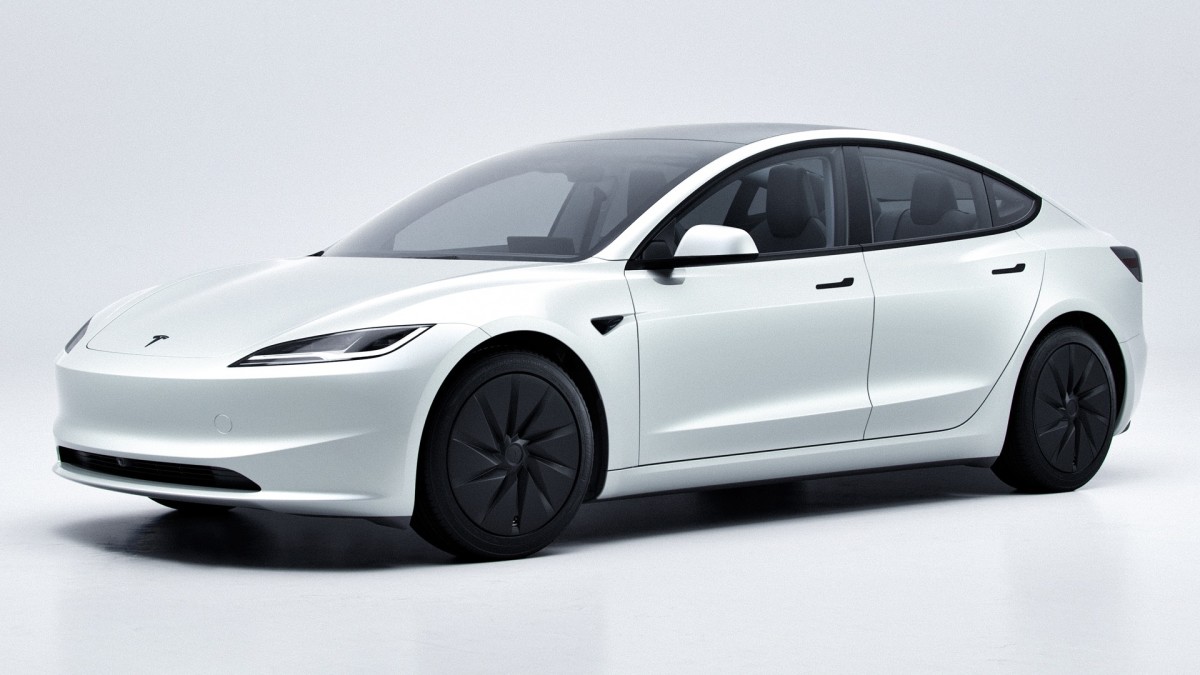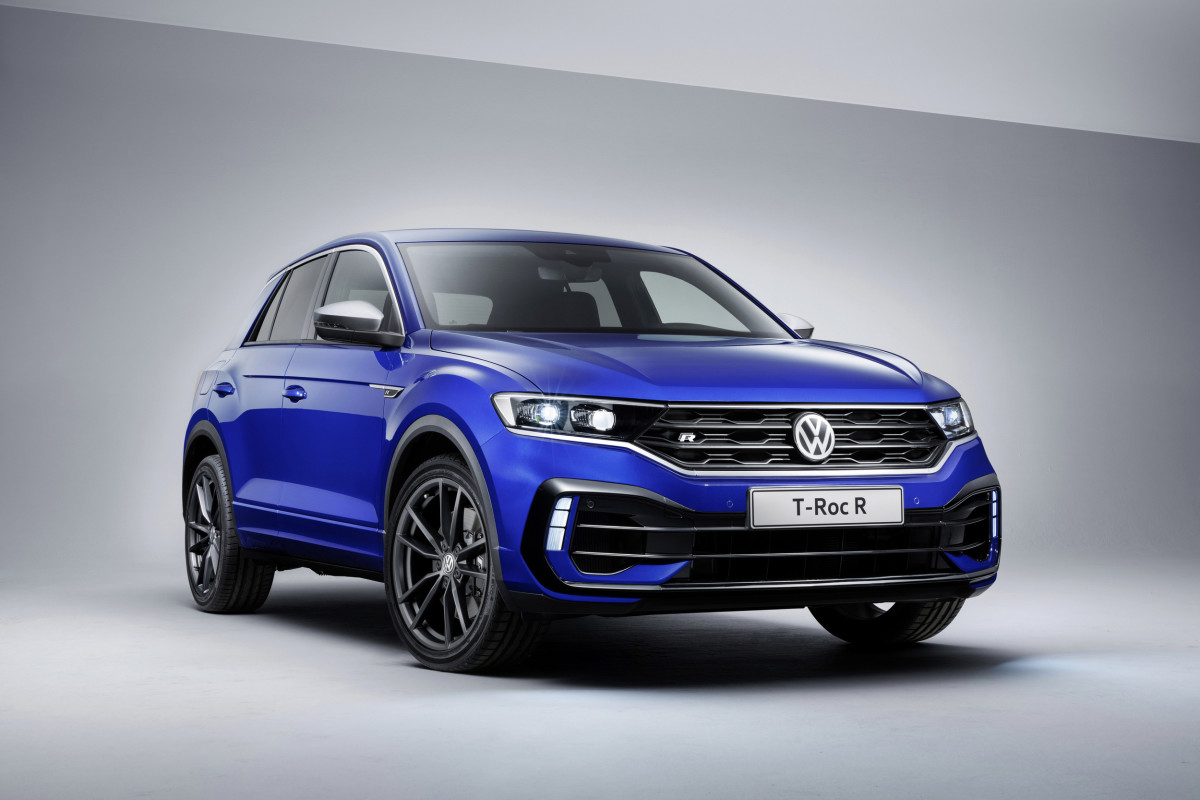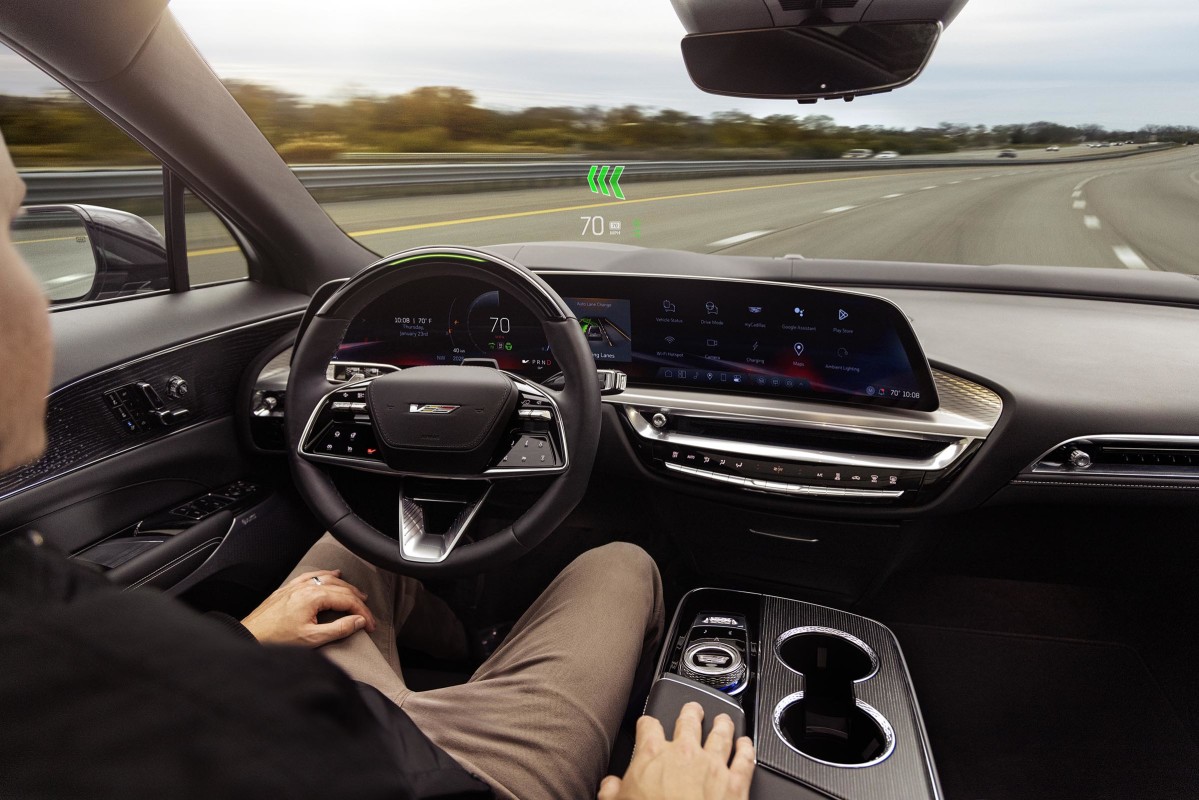The Gold Standard In Vehicle Inspection Has Spoken
The 2025 TÜV Report has delivered an unwelcome verdict for Tesla, with the Model Y topping the unreliability list among two to three-year-old cars with a 17.3% serious defect rate. TÜV represents Germany’s rigorous vehicle inspection authority. It ensures all vehicles meet strict safety and environmental standards through mandatory biennial roadworthiness testing. These inspections are among the most stringent in the world, examining everything from brakes and suspension to emissions and lights.
The German-made Model Y’s defect rate marks the worst TÜV has seen for nearly new cars in a decade. It even outdoes the Model 3, which had previously held the dubious distinction of worst reliability for two years. The main trouble areas included suspension, braking systems, and lighting equipment. By comparison, the Mini Cooper SE recorded a 3.5% defect rate, demonstrating that even complex electric vehicles can still achieve high reliability.
Tesla
More Defects With Electric Vehicles
The 2025 TÜV Report analyzed approximately 9.5 million vehicle inspections conducted between July 2024 and June 2025, revealing that nearly one in five cars now fails inspection on the first attempt. The share of major defects has risen by almost a percentage point, indicating a deteriorating overall picture for vehicle quality in Germany.
Tesla’s Model 3 posted a 13.1% defect rate, meaning one in every 7.6 cars in the two to three-year-old age group failed the safety check. Electric vehicles face particular scrutiny in the inspection process, with issues extending beyond traditional mechanical components.
Tesla
European Brands Reign Supreme Across Age Groups
Volkswagen emerged as a dominant force in the reliability rankings, with the Golf Sportsvan, T Roc, and Touareg earning top marks in the four-year and older bracket. Among two to three-year-old vehicles, standouts included the Mazda 2, BMW 1 Series, Mercedes C Class, and VW T-Roc. The Fiat 500e topped the small electric car category, while the Mercedes B Class claimed the most reliable nearly new minivan award.
Volkswagen
For the first time, TÜV introduced a long-term quality award, which went to Mercedes-Benz. The brand’s ten-year-old models showed a defect rate of just 18.5%, a figure comparable to nearly new Tesla models and demonstrating exceptional durability. Audi claimed second place in the long-term quality rankings, followed surprisingly by Toyota in third.

